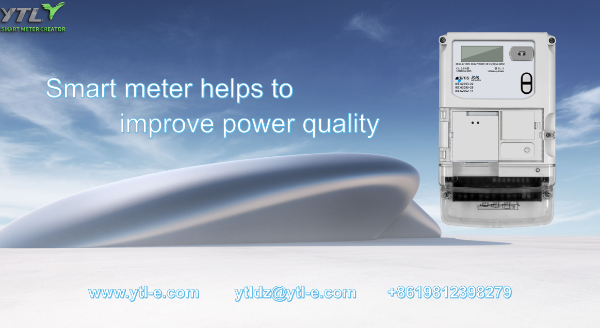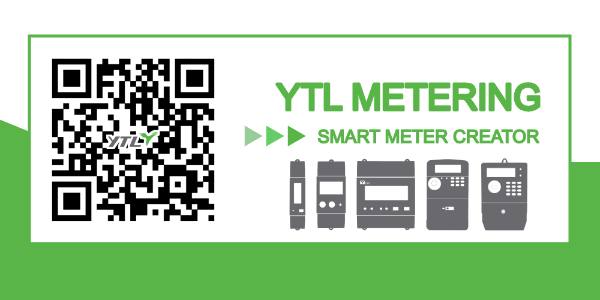What is a Smart Meter? How to define it ?
A smart meter is a basic device for collecting data in a smart grid (especially in a smart distribution grid), responsible for collecting, measuring, and transmitting primary energy data. In addition to the basic functions of traditional meters, smart meters have a series of intelligent functions to adapt to the use of new energy sources and smart grids.

Key Features and Functions:
1. Dual-rate metering function: Smart meters can support multiple rates, such as peak, flat, and valley prices, to adapt to different pricing strategies, helping users better control their electricity costs.
2. User-end control function: Smart meters allow users to control their electrical devices remotely, such as turning off the air conditioner or setting the heating time for water heaters, thereby achieving energy conservation and optimization.
3. Multiple data transmission modes and bidirectional communication function: Smart meters have strong communication capabilities, allowing them to transmit data to the grid management system through wired or wireless methods, such as RS-485, Wi-Fi, LoRa, or NB-IoT, for real-time monitoring and management.
4. Anti-theft function: Smart meters can prevent theft through technical means such as data encryption and remote monitoring, ensuring the safety of the grid.
 Criteria for Determining Whether a Meter is Smart:
Criteria for Determining Whether a Meter is Smart:
1. Observe the meter's appearance: Although smart meters may not have a distinct appearance from traditional meters, they typically have a remote communication module and display screen that displays parameters such as electricity consumption, voltage, and current.
2. Inquire about utility services: Checking whether the utility company provides automatic meter reading, usage inquiries, and real-time monitoring services can help determine whether the meter is smart.
3. Check the meter's functions: Smart meters usually have remote control functions such as switching on/off devices and limiting electricity usage. These functions allow users to control their energy usage remotely.
When Selecting and Purchasing Smart Meters:
1. Accuracy level: The accuracy level of a smart meter is an important indicator of its measurement accuracy. A higher accuracy level means smaller measurement errors.
2. Communication method: Smart meters usually have remote communication capabilities, with common methods including RS-485, LoRa, Wi-Fi, and NB-IoT. Users should choose a communication method that meets their needs.
3. Current rating: The current rating of a smart meter should be selected based on actual power consumption. Common current ratings include 5A (60A), 10A (100A), 20A (200A), etc.
4. Energy measurement function: Smart meters may have additional energy measurement functions such as active power, reactive power, apparent power factor, and more.
5. Event recording function: Smart meters typically have event recording functions that record events such as voltage overload, current overload, and disconnection.
6. Safety and reliability: As an essential device in the power system, safety and reliability are crucial for smart meters. Users should pay attention to whether the product has passed national standards testing and its after-sales service and warranty period.
7. Compatibility and expansibility: With the continuous development of smart home and IoT technologies, smart meters should be compatible with other smart devices to achieve more intelligent energy management.


 English
English 中文简体
中文简体
.jpg?imageView2/2/w/500/h/500/format/png/q/100)
.jpg?imageView2/2/w/500/h/500/format/png/q/100)

.jpg?imageView2/2/w/500/h/500/format/png/q/100)










